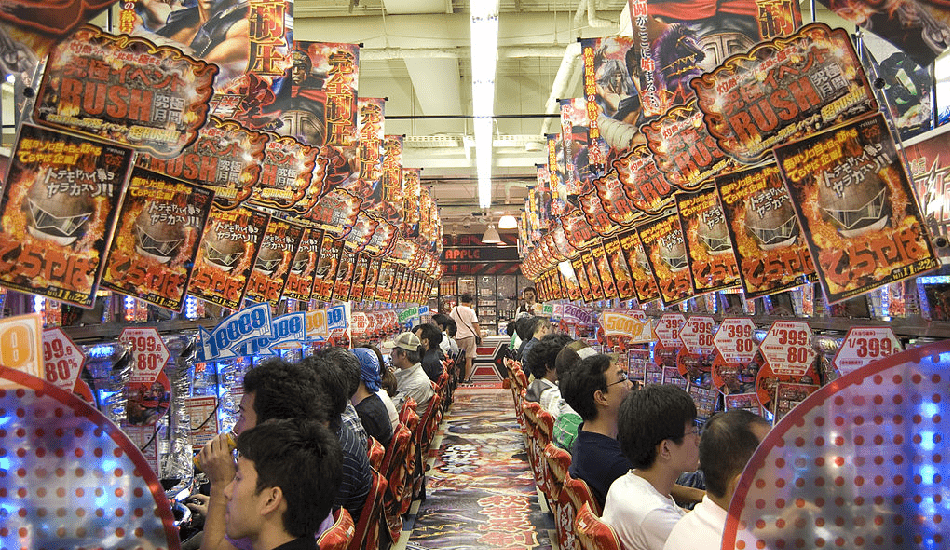
Pachinko parlours in Japan are in decline
The number of parlours has declined by 16% in the previous several years, from 451 in 2016 to 379 by the end of 2020, according to police in Chiba Prefecture.
111 amusement businesses nationwide shut their doors in March, according to the All Japan Amusement Business Cooperative Association. Pachinko parlours were asked to close as Japan is presently under another state of emergency as a result of the Covid-19 outbreak, yet some of them have still continued to operate with a reduced capacity.
Additionally, new pachinko machines are more expensive, and stricter regulations apply to elaborate models with more gambling content.
Another obstacle is Japan's digitalization, which prevents pachinko from providing players with any kind of internet gaming because people tend to stay at home during pandemics.
In contrast, cycle racing was able to adjust to the need for online betting, and overall ticket sales increased by 14% year over year to JPY750 billion ($6.9 billion), according to Asia Gaming Brief.
The new health and safety regulations, however, force certain velodromes in metropolitan areas to completely halt their operations because they are frequently run by municipal governments (unlike pachinko halls, which are usually privately held). This is true even if the racing sector has gone digital.
The bike racing sector is searching for ways to broaden its offerings outside of normal competitions, such as late-night racing, which was introduced in 2011 and is currently offered in 23 locations nationwide.










